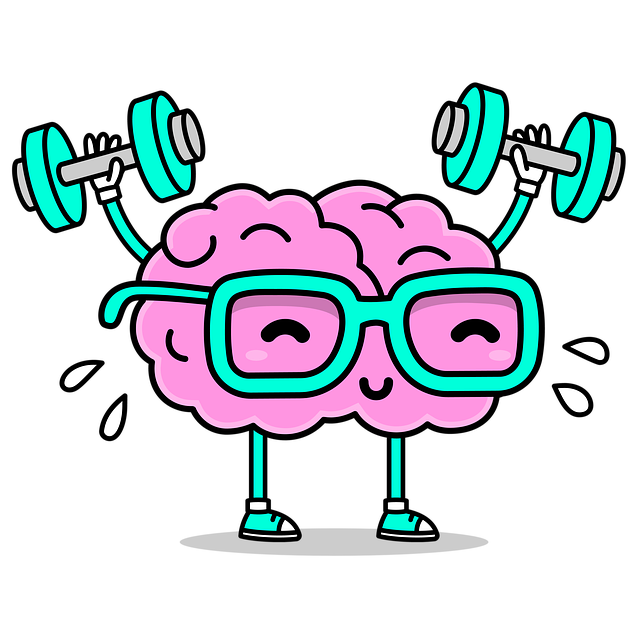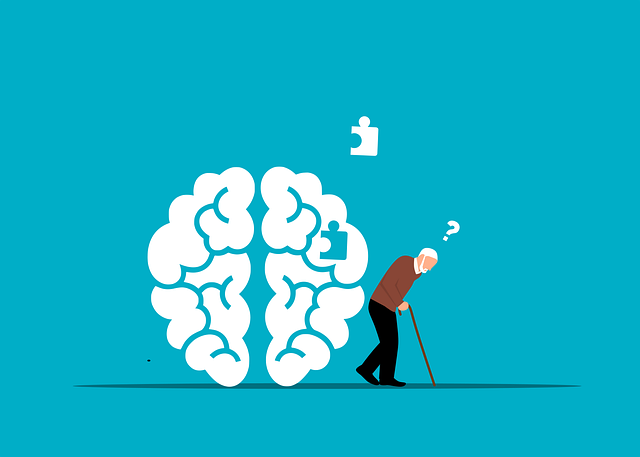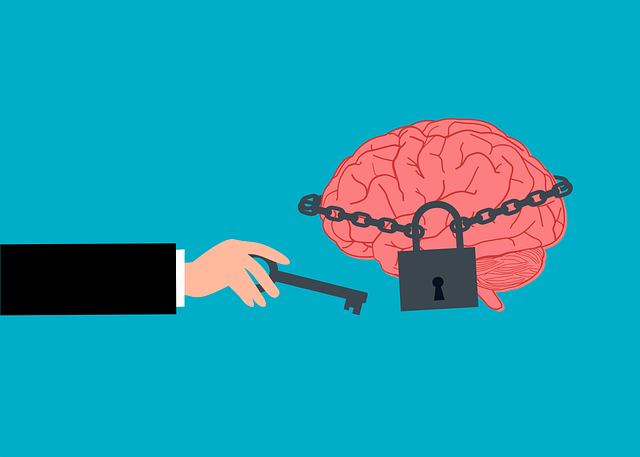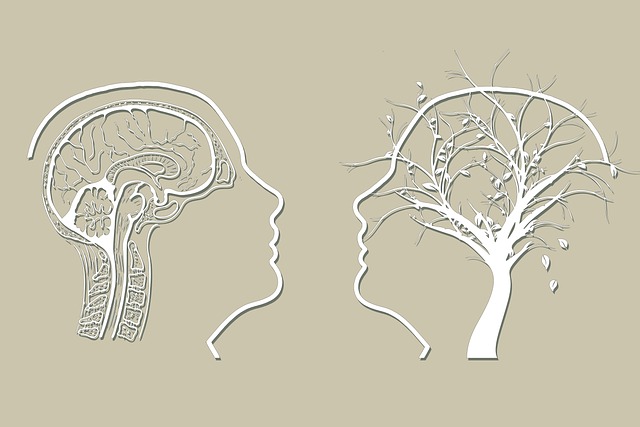Stress is a prevalent modern-day issue impacting adult mental wellness. Chronic stress leads to anxiety, depression, physical ailments, and weakened immune systems. Therapy for adults, coupled with mindfulness practices like meditation and present-moment awareness, effectively manages stress. Cultural sensitivity in mental healthcare ensures accessibility. A Mental Wellness Podcast Series disseminates evidence-based techniques, while workshops offer interactive therapy, including mindfulness, to create supportive environments fostering emotional healing and resilience among adults.
Stress management workshops are an effective way to empower adults with tools to navigate life’s challenges. In today’s fast-paced world, understanding stress and its impact on mental well-being is crucial. This article explores strategies for organizing workshops that delve into the root causes of stress and introduce therapeutic techniques like mindfulness. By learning these skills, adults can enhance their resilience and overall well-being. We’ll cover topics from recognizing stress triggers to facilitating engaging sessions, offering valuable insights for professionals providing therapy for adults through mindfulness-based practices.
- Understanding Stress and its Impact on Adults
- The Role of Mindfulness in Stress Management
- Designing Effective Stress Management Workshops
- Facilitating and Engaging Adult Participants
Understanding Stress and its Impact on Adults

Stress is a universal experience for adults today, arising from various aspects of modern life. It can stem from demanding careers, financial pressures, relationships, health issues, and even constant digital connectivity. The impact of chronic stress on mental wellness is profound, leading to increased anxiety, depression, fatigue, and even physical ailments like high blood pressure and weakened immune systems. This is where therapy for adults plays a crucial role in helping individuals manage their stress levels effectively.
Mindfulness practices have emerged as an evidence-based strategy to combat the detrimental effects of stress. Through techniques such as meditation, breathing exercises, and present-moment awareness, individuals can learn to recognize and respond to stressful triggers in healthier ways. Cultural sensitivity in mental healthcare practice is essential to ensure that these interventions are accessible and effective for all adults, regardless of their background or experiences. A well-produced Mental Wellness Podcast Series can be a valuable tool to reach a wider audience with evidence-based stress management techniques, promoting improved mental wellness.
The Role of Mindfulness in Stress Management

Mindfulness has emerged as a powerful tool in stress management workshops, offering adults an effective therapy to navigate life’s challenges. This ancient practice involves focusing on the present moment, observing thoughts and feelings without judgment, thereby fostering emotional well-being promotion techniques. Through mindfulness meditation, participants learn to acknowledge and accept their emotions, breaking free from the cycle of stressful thinking patterns. By cultivating a non-reactive mindset, individuals can develop a sense of calm and clarity, enhancing their overall resilience against stress-related issues.
Incorporating mindfulness into workshops also provides an opportunity for trauma support services. Many stress management techniques often overlook the impact of past traumas on an individual’s mental health. Mindfulness allows participants to explore these deep-seated issues safely, encouraging self-reflection and healing. Moreover, risk assessment for mental health professionals becomes more nuanced when considering the potential benefits of mindfulness in treating a wide range of mental health concerns, thereby fostering a comprehensive approach to stress management.
Designing Effective Stress Management Workshops

Designing effective stress management workshops requires a multifaceted approach tailored to meet the diverse needs of participants. Incorporating evidence-based practices like mindfulness therapy for adults can significantly enhance their impact. Mindfulness techniques, such as breathing exercises and guided meditation, have been shown to reduce anxiety relief and promote emotional regulation.
Workshops should also go beyond mere instruction, fostering a safe and supportive environment where individuals can share experiences and learn from one another. Engaging activities, interactive discussions, and role-playing scenarios can facilitate deeper understanding and encourage the application of learned skills in everyday life. Moreover, integrating concepts from Mental Health Policy Analysis and Advocacy ensures that participants are equipped with knowledge about available resources and support systems beyond the workshop setting. Effective risk management planning for mental health professionals is also crucial to ensure a safe and nurturing environment where individuals feel empowered to take charge of their mental well-being.
Facilitating and Engaging Adult Participants

Effective stress management workshops are designed to facilitate and engage adult participants through interactive and therapeutic activities. Facilitators play a crucial role in creating a safe and supportive environment where individuals can explore their emotional healing processes. By incorporating mindfulness techniques, participants learn practical strategies to manage stress and improve mental wellness. These workshops often include group discussions, guided meditations, and skill-building exercises that cater to the unique needs of each attendee.
The key to successful engagement lies in fostering open communication and encouraging active participation. Mental wellness coaching programs development should prioritize creating a sense of community among participants, as this collective experience can enhance learning and support emotional healing. Through dynamic interactions and a focus on mental health awareness, workshops empower adults to develop resilience and maintain balance in their lives, ultimately improving overall mental wellness.
Stress management workshops play a pivotal role in empowering adults with effective coping strategies. By understanding the profound impact of stress on mental health, we can utilize techniques like mindfulness to foster resilience. Through structured workshop designs and engaging facilitation, these sessions become transformative experiences, offering participants practical tools for a balanced life. Incorporating mindfulness practices as therapy for adults not only enhances well-being but also promotes a healthier, more fulfilling lifestyle.














